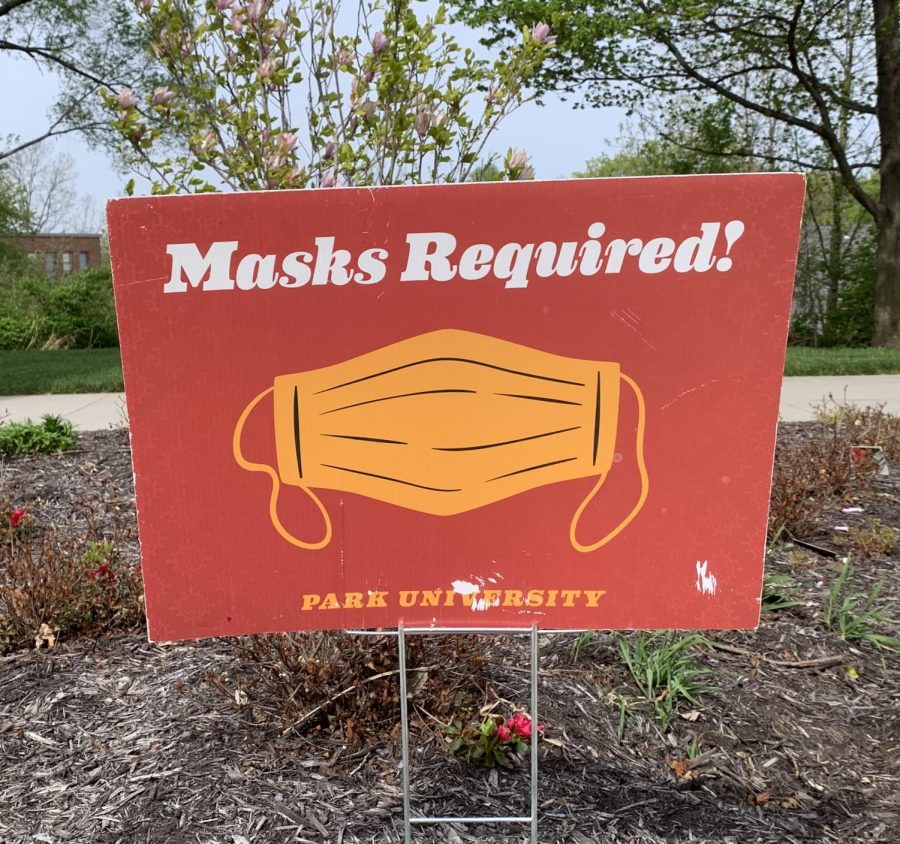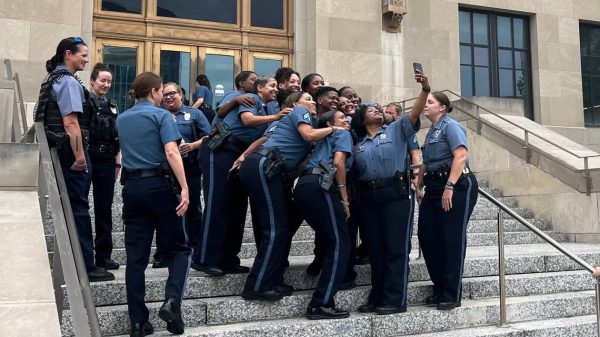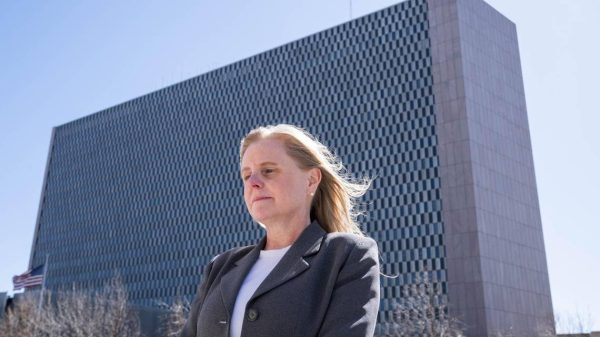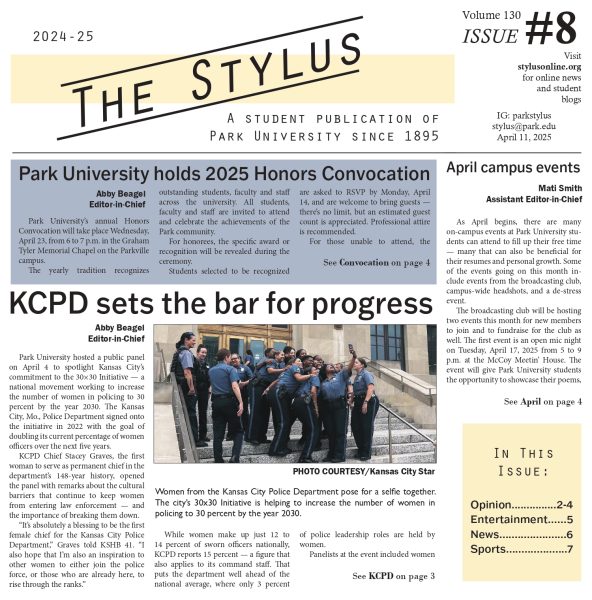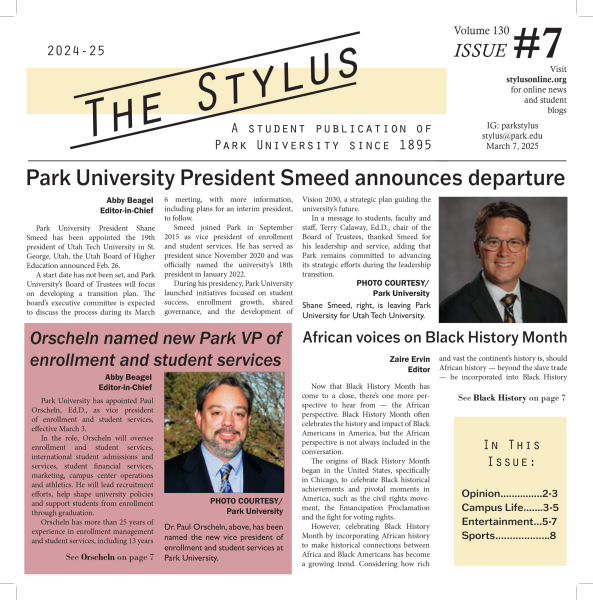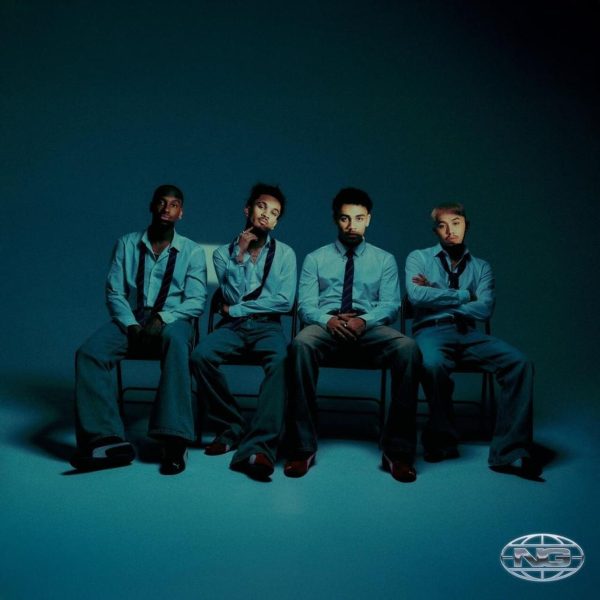Park offers vaccination incentives that incites opposing opinions
It’s been almost two years since COVID-19 appeared in the United States. The pandemic has been waged through lockdowns, masking, social distancing and now vaccines.
Vaccinations began in December 2020. Different companies manufacture a COVID vaccine, such as Pfizer, Johnson & Johnson, and Moderna. These slowly started to become available to more and more people, and now most doctors’ offices or clinics offer the vaccine for free.
Despite encouragement from the medical community and elected officials to get the vaccine, many people are still concerned. Those concerns range from what’s in the vaccine itself, to complications from the shots, to a lack of confidence in the vaccine’s effectiveness. According to the state of Missouri, at covidvaccine.mo.gov, 48.8 percent of residents are fully vaccinated. Only 36.6 percent of Platte County residents are fully vaccinated.
To increase vaccination rates, some private employers have started offering vaccine clinics to their employees. Park University is doing something similar. So far this academic year, there have been two dedicated COVID vaccination clinics at Park, with North Kansas City Hospital nurses providing free vaccines to students, faculty and staff who want it. Additionally, the university has offered the vaccine during three other COVID testing opportunities through NKCH.
For the first vaccine clinic of this semester in August, the school decided to offer incentives to students who signed up to get a vaccine. An email that was sent to students from Associate Vice President and Dean of Students Jayme Uden, Ed.D., said, “We continue to encourage students to sign up for the vaccination clinic tomorrow. We have decided to do a drawing for every 15 students that sign up for the clinic. That is a 1 in 15 chance to win!!” The prizes listed in the message were an iPad Mini, Apple AirPods Pro and a Google Chromebook.
As this may encourage students to sign up to get the vaccine, some questions about the ethics of this incentive-based vaccine clinic were raised.
Sophomore nursing major Lauren Zenti categorizes this incentive as a bribe to get students vaccinated.
“It’s literally bribing you to get a vaccine because, like they’re bribing you they’re saying hey, if you get the vaccine, you will be put in a drawing for an iPad,” Zenti said.
She also said that in some counties in Iowa, where she grew up, people can enter into a lottery and win money if they get vaccinated.
Zenti is not opposed to getting the COVID vaccine, however, she says she is scared of her previous health conditions and the lack of studies on how the vaccine interacts with those health conditions.
“I have type one diabetes. And I am celiac and lactose intolerant. So, there’s a lot of things already wrong. And there hasn’t been a lot of studies on what it could do to like previously sick individuals like COVID could make chronically ill people a lot worse off,” said Zenti. “But with the vaccine, I know that there are side effects so I’m nervous that the side effects are going to be heightened because of the diabetes, the celiac and the lactose intolerance.”
The staff and faculty at Park also have been offered incentives to get vaccinated.
Chief Human Resources Officer Roger Dusing explained the incentive that staff and faculty are able to receive by being vaccinated.
“If they are vaccinated, and they come down with COVID and are forced to quarantine because they’re sick, then they don’t have to use their paid time off. We’ll provide them administrative time off, so they can keep their sick time to use later for regular sickness,” said Dusing. “If you’re not vaccinated, then you’ve got to burn your own personal time.”
Dusing stated that if mandated vaccinations were put in place due to government orders, he would be in favor of that mandate as long as there are reasonable outs available for individuals who are unable to get the vaccine due to medical or religious reasons.
“From that fairness perspective if someone is unable to get the vaccine contracts and needs to take time off, we probably cover that. If it’s pure those who choose not to, it’s different than those who can’t,” said Dusing.
He says the number of Americans who can’t receive the vaccine because of medical reasons is very low and would be even smaller at Park.
“But if that should happen, you know, all rules are made to be bent a little bit and that’s a perfectly valid exception,” Dusing said.
Sophomore multimedia journalism and public relations and communications double major Skyler Jensen believes that incentives for Park employees to get vaccinated are questionable.
“I think it’s completely wrong for different types of sick leave for COVID, depending on whether or not staff and faculty are vaccinated because they could have really personal, and valid reasons for not getting vaccinated,” said Jensen. “I feel like that sets a standard of discrimination and that Park now has a precedent of.”
Jensen stated that she is vaccinated but also believes the popular ‘my body, my choice’ message applies to the COVID vaccine, too.
Dusing said, “I think we’ve seen the efficacy of the vaccines; they work, they’re safe. We would all be safer if everyone were vaccinated.”
However, one student has concerns about negative effects from the COVID vaccine, based on experiences she’s heard of from friends. Allie Burkhalter, a freshman education major, said she had a friend experience a seizure after a COVID vaccine dose. She also has an acquaintance who is unable to receive any vaccine after a flu shot led to a coma.
There have also been some well-reported potential side effects. For example, in an article from Yale Medicine, it stated that for the Johnson & Johnson vaccine, “the government recommended pausing the company’s vaccine after six women who received it developed rare blood clots—and one woman died.” The vaccine is being used again but with warnings about this side effect, especially for women under 50.
“I think it’s very unfair to push this agenda on them,” Burkhalter said of people who have concerns about side effects or previous adverse effects from vaccines.
“I feel that if people want to get the vaccine, they should go out on their own and get it,” said Burkhalter.
She also believes that if people don’t want the vaccine, it should not be pushed on them to get it.
As of now, Park University is encouraging all students, staff and faculty to get vaccinated, but is not mandating it nor requiring proof of vaccination. COVID has changed everyday life, especially at Park, and it is still changing.
Your donation will support the student journalists of Park University. Your contribution will allow us to cover our annual website hosting costs, freeing up other funds for equipment, printing and training.



